Description
Region: Central highlands
Altitude: 1700-1800 MASL
Varietal: SL 34 and SL 28
Processing: Washed, sun dried
Certifications: Rainforest Alliance, UTZ
In the cup: Full bodied cup of stone fruit, orange & toffee with a grape acidity.
This coffee comprises a mixture of different producing factories and estates, and was developed as a product which would be ideal as a component in espresso blends. It is blended to AB size grade and to a specific cup profile which presents notes of black currant, medium intensity acidity and a medium to full body. It is one of Kenya’s top coffees! Grown in central highlands, mainly at high altitudes, in rich soil, the cherry production is on average 600 tonnes per year.
Below are traceability details for each individual component of the blend. Blend Composition: a) Nyeri – (35 %) b) Kirinyaga– (30 %) c) Murang’a– (15 %) d) Kiambu– (15 %) e) Western– (5 %)
About Kenya
Kenya is a powerhouse coffee Origin and one that is dear to our hearts. Traditional production practices and attention to detail at the best mills and Estates favour quality unparaelled in other coffee origins and the flavour profiles coming from the best lots can be sublime.
Kenya also has one of the most transparent and rigid buying systems in the world at the Nairobi auctions. There are a number of very well organised, established estates surrounding Nairobi – however the majority of supply comes from farmers organised into cooperative structures as the average farmer will typically have land of between 0.5 and 3 acres. By law in Kenya a farmer with under 5 acres must be organised into a cooperative.
Typically a Coop society may service a number of washing stations – each servicing there surrounding small holder farmers to bring coffees to mrket. It is illegal to sell cherry to a middle man, so to finance, educate, and provide inputs and support to farmers, there are a group of ‘market agents’ who act as representatives to the farmer throughout the chain. These Market agents act as the dry mill partners, and will take their cooperative partner’s coffee through the auction system. Market agents cannot own coffee – they instead charge their partner’s fees for the service of milling, and a small percentage of auction prices once the coffee is sold. These agents are a very important step in connecting the farmer to the market – as it is their samples that are passed on to all exporters bidding at auction – and they along with farmer will set the reserve price at auction and will then negotiate with the end buyer if this reserve is not met.
There are around 15 truly active exporters in Kenya – however there are over 60 registered at auction. Each exporter will cup over 600 lots from the 10 active market agents before each week’s auction. Due to the traceability enforced by law of where each small lot comes from – exporters with experience know which Market agent, representing which society or mill, will produce certain qualities.
(information supplied courtesy of MTC Group)
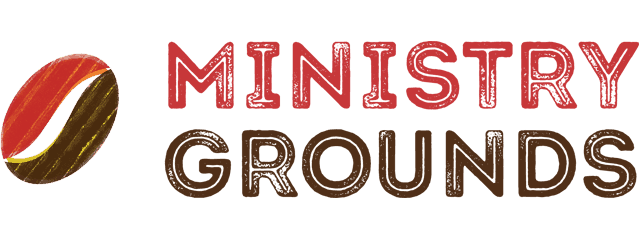
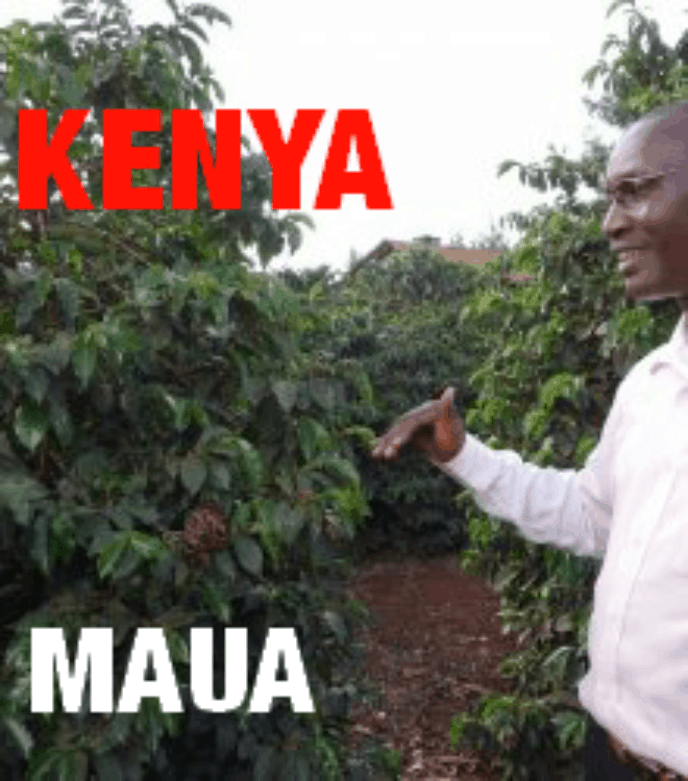
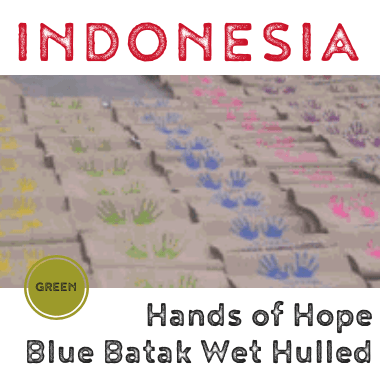
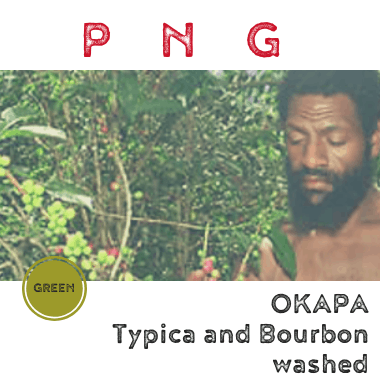
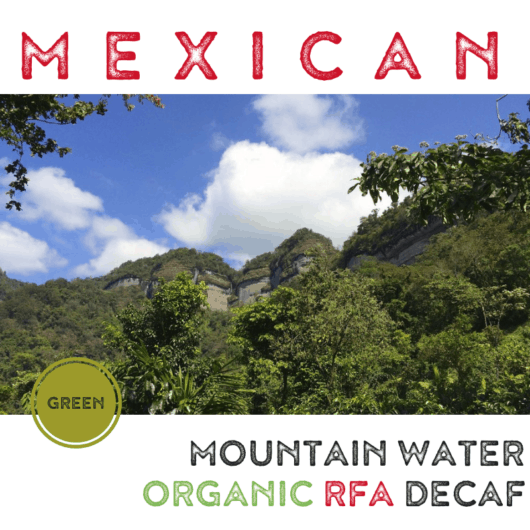
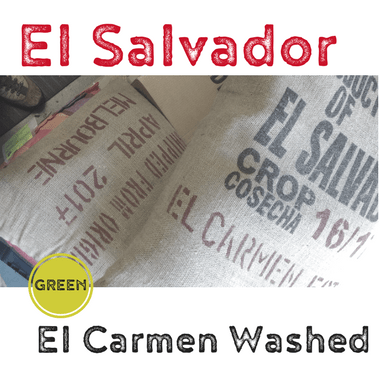
Reviews
There are no reviews yet.